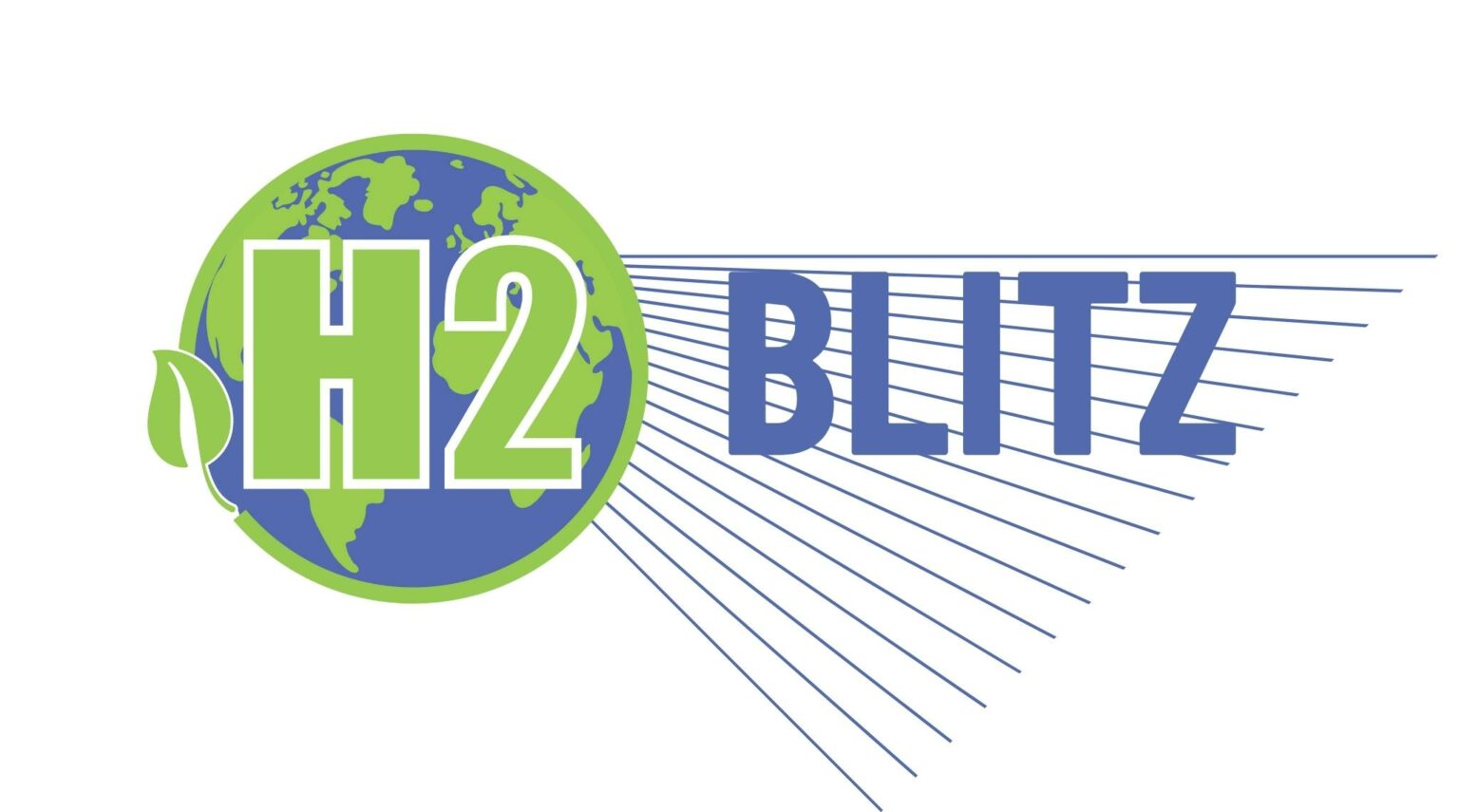Finnish Utajärvi aims to produce and distribute hydrogen locally
As one of the pioneer municipalities in Finland, Utajärvi in Northern Ostrobothnia aims to produce and distribute hydrogen locally. It is conducting a multidisciplinary study in collaboration with the University of Oulu to look at the production and application of hydrogen in heavy transportation and industry. Additionally, the collaboration will advance hydrogen storage and delivery systems.
The University of Oulu research project will examine and create technologies for local hydrogen generation and consumption, as well as generate business plans for managing the supply and demand of green hydrogen. Additionally, testing hydrogen as a fuel for transportation and the effectiveness of hydrogen vehicles in cold climates are among the goals, along with investigating hydrogen storage options.
Provaris Energy welcomes EU hydrogen subsidies
With the increasing demand for hydrogen in the European Union, Provaris Energy is in a favorable position to benefit.
The EU has approved the French and German governments’ proposal to provide €2.85 billion in subsidies for renewable hydrogen-based green steel projects, following the independent Scottish Government findings that supported PV1’s compression and shipping approach.
During the first stage of development, the plants will run on hydrocarbon-based gas and low-carbon blue hydrogen; however, the intention is to gradually increase the usage of green hydrogen, with subsidies contingent on the amount of green hydrogen utilized by the businesses.
Voltera Power to bring advanced connectivity to its EV charging and hydrogen refueling facilities
Voltera Power will partner with Zayo Group to bring advanced connectivity to its electric vehicle (EV) charging and hydrogen refueling facilities located across the United States. Both companies are backed by global investment organization EQT and committed to delivering sustainable solutions to support our digital future.
The number one hurdle to realizing a net-zero transportation system is the lack of reliable vehicle charging and refueling infrastructure, and network connectivity is critical to enabling this infrastructure. By including broadband network availability in the evaluation of potential sites, Voltera and Zayo can mitigate connectivity challenges early on, reducing cost and improving time to market for zero-emissions fleets.
Updates on hydrogen supply studies from the IGB operator
Hydrogen mixing and other pertinent technical processes will undoubtedly continue to be an important aspect of the Interconnector Greece-Bulgaria’s (IGB) future development. This will be done in close collaboration with the ICGB, neighboring transmission system operators (TSOs), and the market’s evolution, the pipeline operator said.
The Trans-Adriatic Gas Pipeline (TAP AG) and the Greek National Gas Transmission System (DESFA S.A.) in the Komotini region of Greece, as well as the Bulgarian Gas Transmission System (Bulgartransgaz EAD) in the Stara Zagora area, are connected to the IGB gas pipeline. The gas pipeline spans 182 km in total, with a 32″ pipe diameter, and can carry up to 3 billion m3/year of gas in the Greece-Bulgaria direction.
